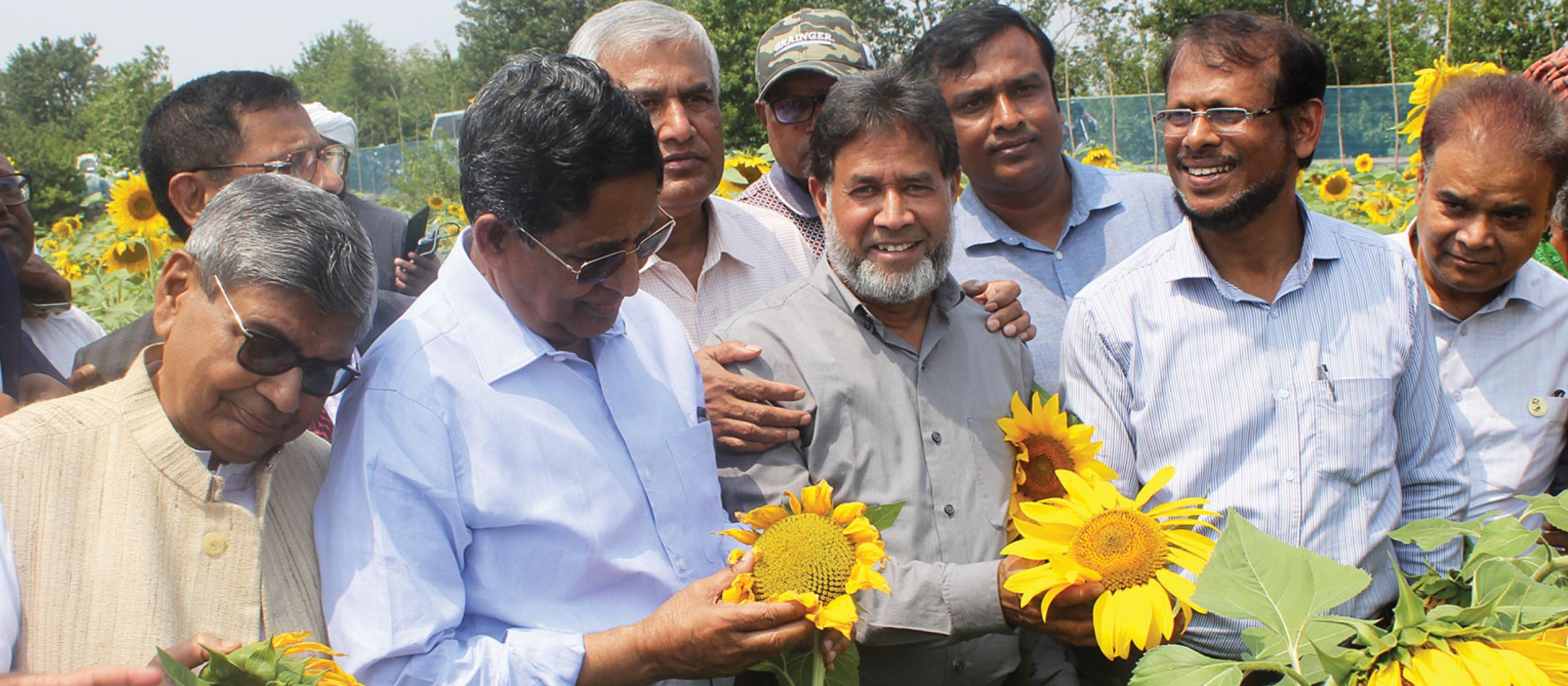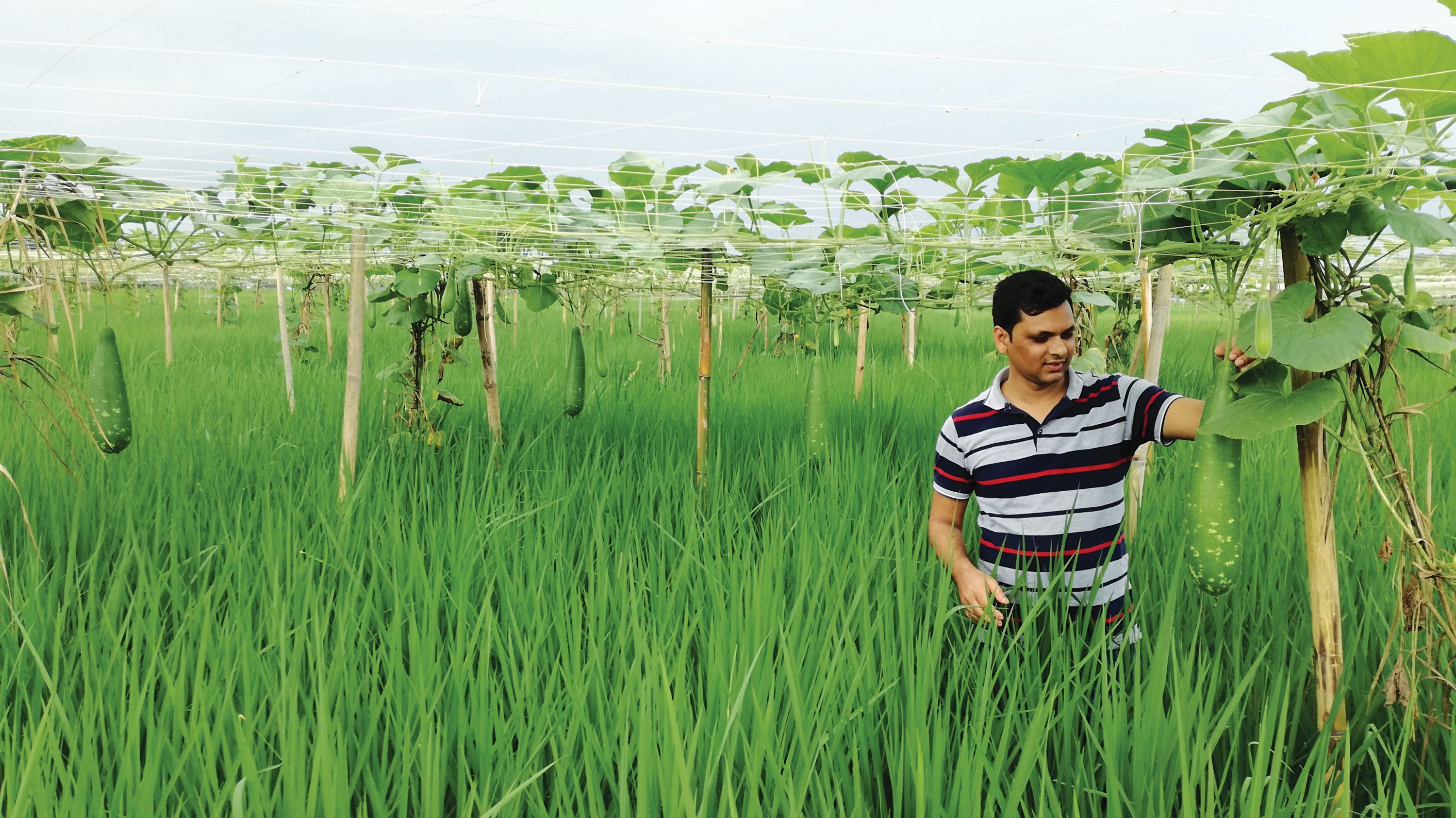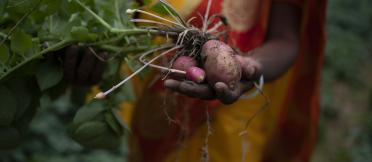One of the projects, ‘Nutrient management for diversified cropping in Bangladesh (NUMAN)’ (LWR/2016/136), has shown that yields and profits can be increased with a balanced approach to fertilisers and reducing overall inputs.
Led by Murdoch University’s Professor Richard Bell, the project tapped into a network of more than 4,000 smallholder farmers through the local Conservation Agriculture Service Providers Association (CASPA).
The project found that farmers were over-applying fertilisers, particularly nitrogen, to maximise production of high-yielding rice crops and high-value produce such as potatoes and watermelon.
But Professor Bell said that with a more balanced mix of nitrogen, phosphorus, potassium, sulphur and micronutrients, farmers could spend less for a greater return.
‘We found that farmers were not optimising nutrients, but if they did, there were savings in costs and gains in yield,’ said Professor Bell. ‘Farmers could increase their profitability and produce more food for less.’
Assisted by a ‘research engine’ of 6 PhD candidates from Bangladesh universities, the project identified optimal nutrient application rates across several sites based on soil type and cropping pattern.
The project demonstrated ‘fairly simple’ farming practices around nutrient management that are more environmentally sustainable, improve productivity and reduce costs.
Reduced fertiliser use also saves the Bangladesh Government money. To improve food security, the government currently subsidises fertilisers for farmers, and when fertiliser prices skyrocketed at the start of 2021, its annual outlay of US$700 million jumped to US$3 billion in 18 months.
To translate the project’s nutrient use findings into a change of practice, the project team produced a one-page information card listing optimal fertiliser rates according to particular agroecological regions.
The information card was distributed to more than 33,000 farmers and the researchers have received ‘highly positive feedback’. Professor Bell said that farmers who used it generally saw a reduction in fertiliser costs and greater crop yields.
The task now, he said, is to broaden the scope of the extension so more farmers can benefit from the findings.
Bangladesh collaborator Dr Emanul Haque is working with private enterprise to stock the information cards in fertiliser outlets. And work is underway with CASPA to hold peer-to-peer sessions among farmers on how to use the card. Information is also being spread through direct messaging and social media using smartphones.





